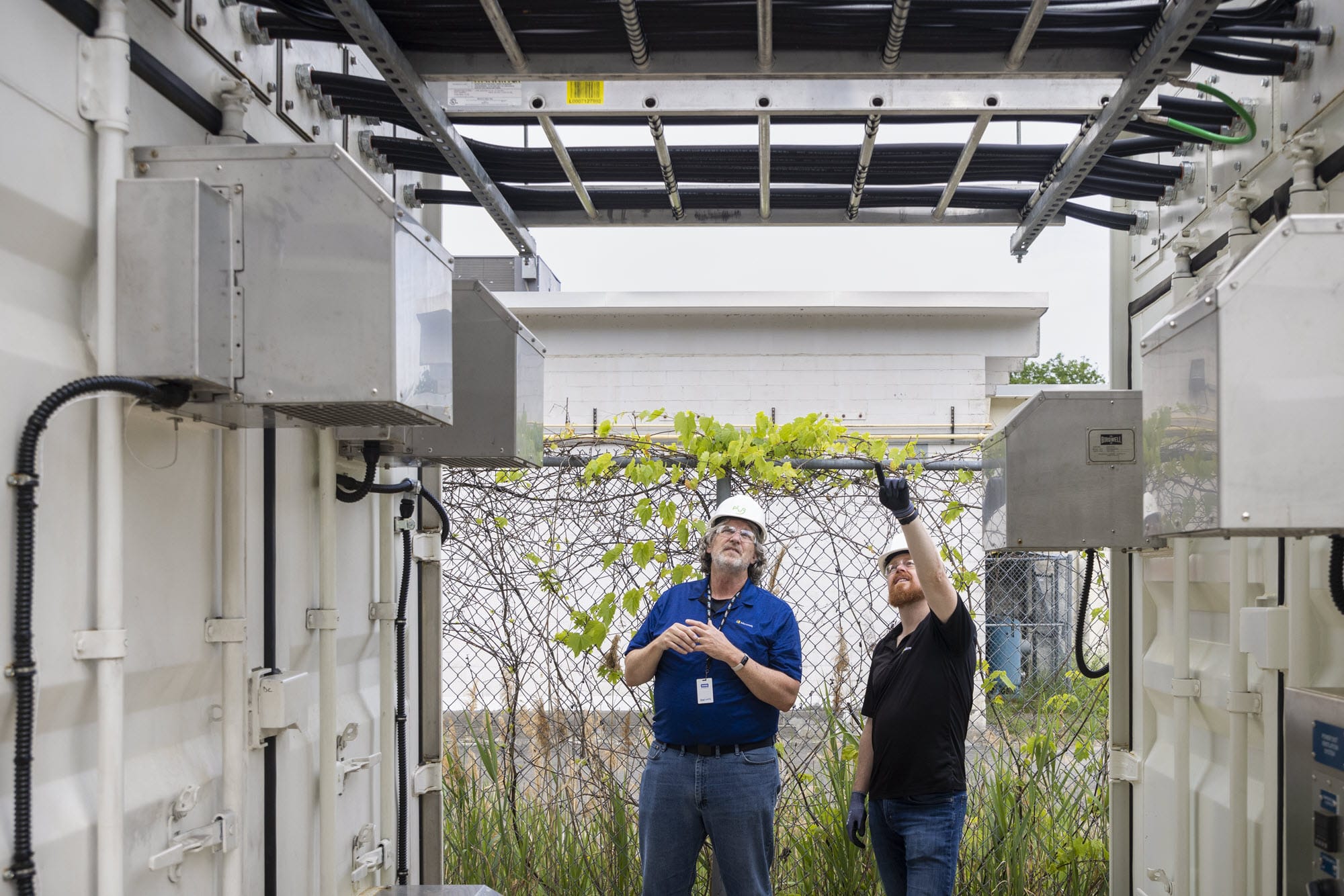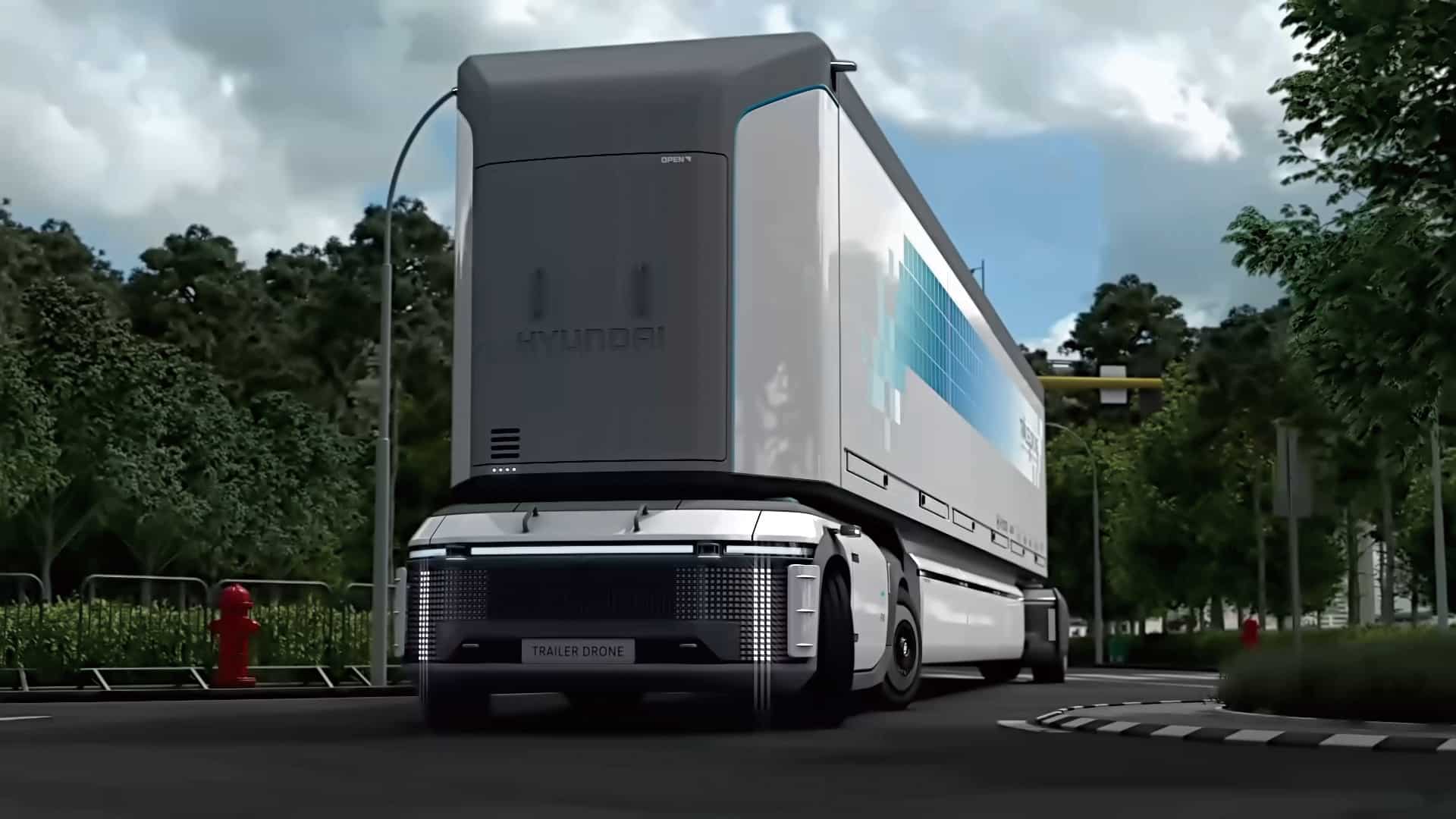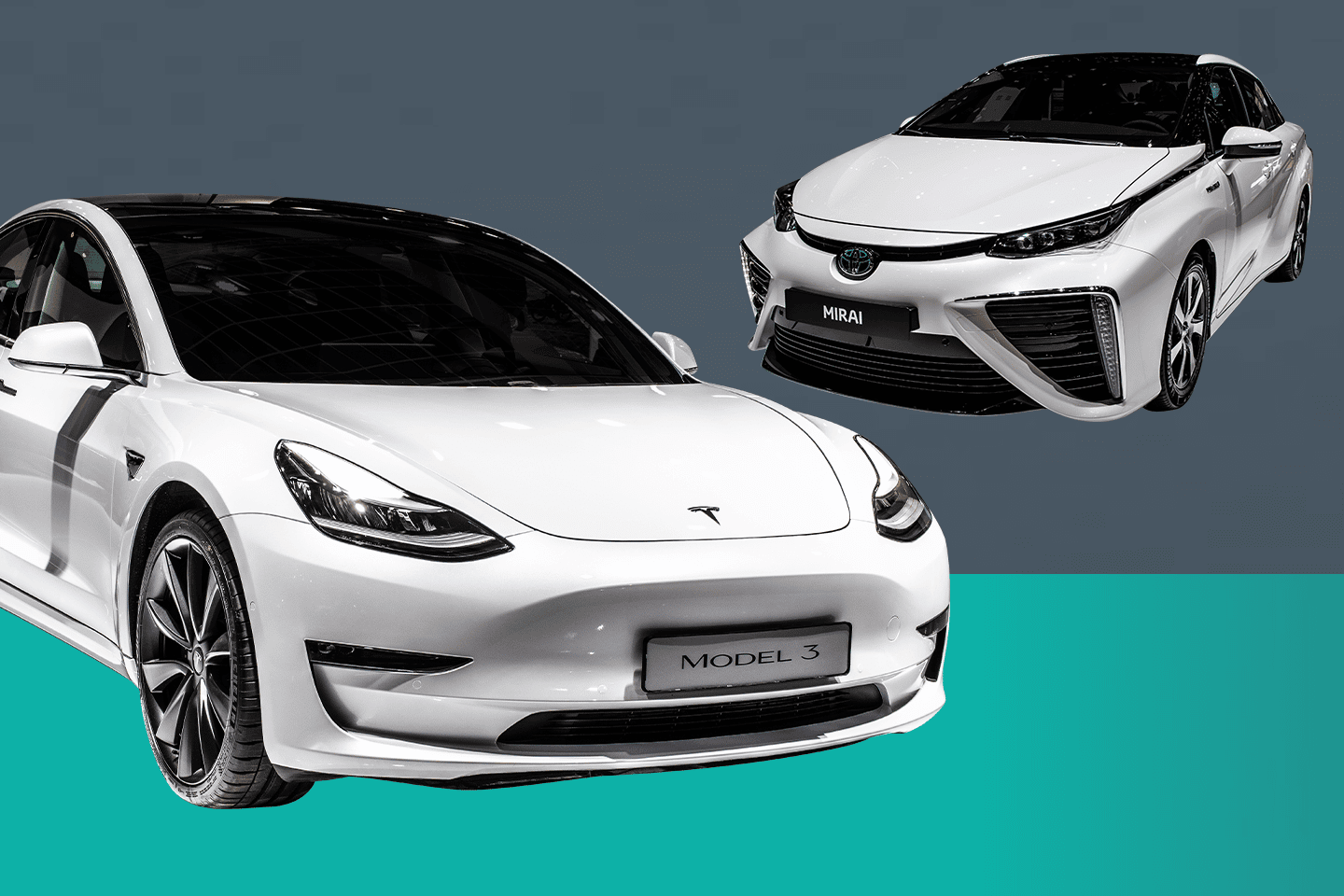Toyota Motor Corporation and FuelCell Energy have teamed up to power a port facility with clean energy. The Tri-gen System used at the Port of Long Beach in California supports the processing of about 200,000 vehicles through the port annually.
Continue readingHow membrane technology is driving the commercialization of fuel cells in the automotive industry
Hydrogen is vital for our clean energy future, and at W. L. Gore & Associates (Gore), it drives our vision of a low-carbon energy system, especially evident in the transportation sector’s adoption of hydrogen as an energy source.
Continue readingHydrogen fuel cells could provide emission free backup power at datacenters, Microsoft says
Hydrogen fuel cells packed into a pair of 40-foot-long shipping containers here ramped up on an overcast day early this June as engineers gathered around laptops displaying data on the state, health and power output of the cells in this first-of-a-kind hydrogen generator.
Continue readingHyundai Motor Group’s Hydrogen Vision 2040 – Carbon neutrality solution via an energy paradigm shift
By 2040, Hyundai Motor Group envisions that hydrogen energy will be used not only for transportation but will also be applied to wider areas of industries and sectors.
Continue readingThe path to net zero: Deploying both battery and fuel cell electric vehicle
The transportation sector emits about 24% of global CO2. Decarbonizing it requires a monumental industry shift, crucial for achieving global carbon neutrality.
Continue readingNet zero isn’t a zero-sum game in transport – both battery and fuel cell electric vehicles are needed
The movement of people and goods throughout society has always depended on more than one technology. Different individuals, businesses, geographies and segments of the transportation system have different needs and no single solution can meet all of them alone.
Continue readingThe Clean Mobility Future will be Electric – with Batteries and Hydrogen
The coronavirus outbreak caused a significant decline in global carbon emissions, mainly from a 17% drop during lockdown, with road transport emissions decreasing by 43%, prompting questions about returning to pre-pandemic norms and highlighting the need to invest in scalable clean transport solutions for lasting change.
Continue reading






